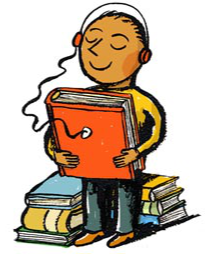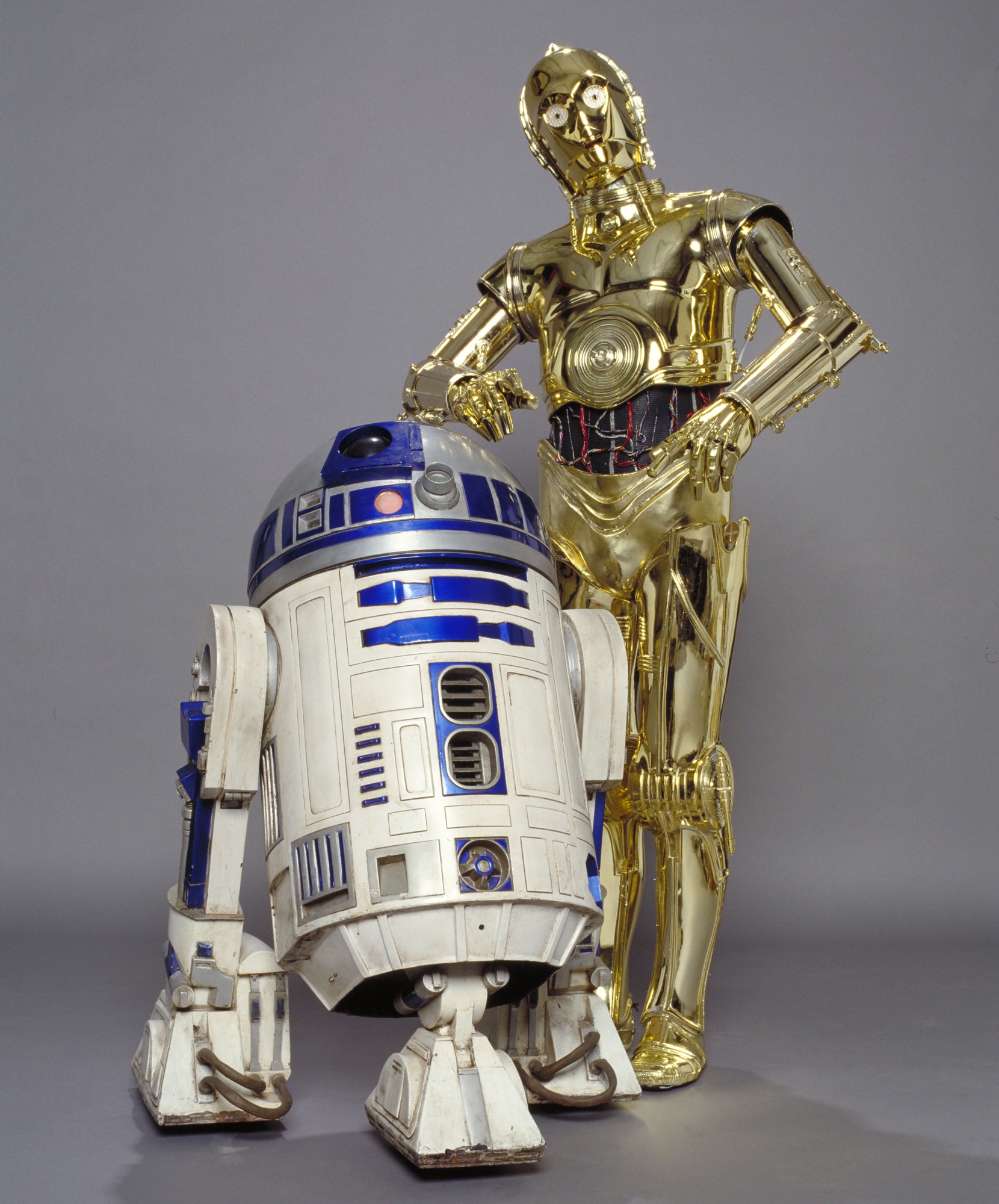The disproportionate discrimination heaped onto the Afro-American community has inspired the Black Lives Matter movement, campaigning against violence toward black people, and to the broader issues of racial discrimination. Certainly the color of skin prompting bias before you have even said “hello” or exchanged a minute of conversation is absurd, disturbing and diminishes who we are as a species. Yet there it is: if you’re a person of color in a white society, the judging kicks in with amazing speed.
Whether discrimination is learned or baked into our DNA, it seems clear that religious, ethnic, age and gender prejudice is thriving around the planet with no signs of easing up anytime soon. Discrimination, and the fear, rage and violence that broils up from it, continues to be a pox on all our houses.
Prejudgment also applies to the largest minority in our country. Over 64 million, or 1 out of every 5 Americans, live with a disability. However, the prejudice against disabled folks generally takes the form of assumption, dismissal and pity rather than rage.
The most mysterious thing about prejudice is that when it kicks in, it seems to assign a complete set of negative traits to the targeted person. Knee-jerk reactions take hold, and individual personality doesn’t stand a chance. Unless a brief conversation with the prejudger and the prejudged occurs, the whole prejudged person is marginalized and dismissed as unproductive or nefarious.
I felt it myself when I met Danny, a fellow, who at the age of 19, severed his spinal cord when he dove off the mast of a sailing ship into a coral reef. When we first met, I stuck out my hand to shake his. It was limp and without any strength. He was quadriplegic and I immediately figured he was pooched with no ability. Then he invited me out on his sailboat which was rigged so that he could manage the boat himself. Good thing – I’m useless when it comes to trimming sails. He moved to L.A. to pursue a career in acting, appeared in several films, and started up an enterprise helping businesses to become ADA compliant. Danny and I would sometimes step out together – I’d grab the handles of his wheelchair and he would tell me “left and right and stop.” We were a motley crew and remained lifelong friends.
People who casually meet me for the first time generally resort to some blind man stereotype or worse, pity. They will quickly grab my bag of groceries as if my hands are broken or tell me how sorry they are for me. People who do get to know me are at first surprised that I’m a professional actor, president of my local actor’s union, have been a VP of Sales and Human Resources, a playwright, a poet, a songwriter, have two kids and do my own grocery shopping. To them it’s “amazing.” To me, it’s just what I do.
It’s important to make a distinction between having a disability and being disabled. Having a disability means having only one broken something; being disabled suggests you are entirely broken. As I often say, “I’m not disabled, I’m just blind.” I get stuff done by other means.
Like most of the disabled folks I know, their particular disability tends to “disappear” to people who spend time with them, and their abilities emerge, dominate and defy the preconceptions.
Disability isn’t a tragedy. It’s just another way of living. And it matters.
Certainly a world without prejudgment is desired by most people, but people who experience discrimination of any kind don’t live in that sort of kumbaya bubble. I figure it will take several more turns of evolution before our species enlightens to a more inclusive mentality, where tendencies toward stereotype and bias are eliminated from the gene pool.
Until then, we must strive mightily to embrace the notion that there are better ways to deal with the ire that boils up from dated assumptions that marginalize the groups of people who breathe and dream outside our tribes.
For now, we might just try saying “hello” when we first meet someone who appears ‘different.’ And we may find out just how similarly we all dream.
Steve Gladstone
The Blind Dude
Gettin’ it done by other means.







